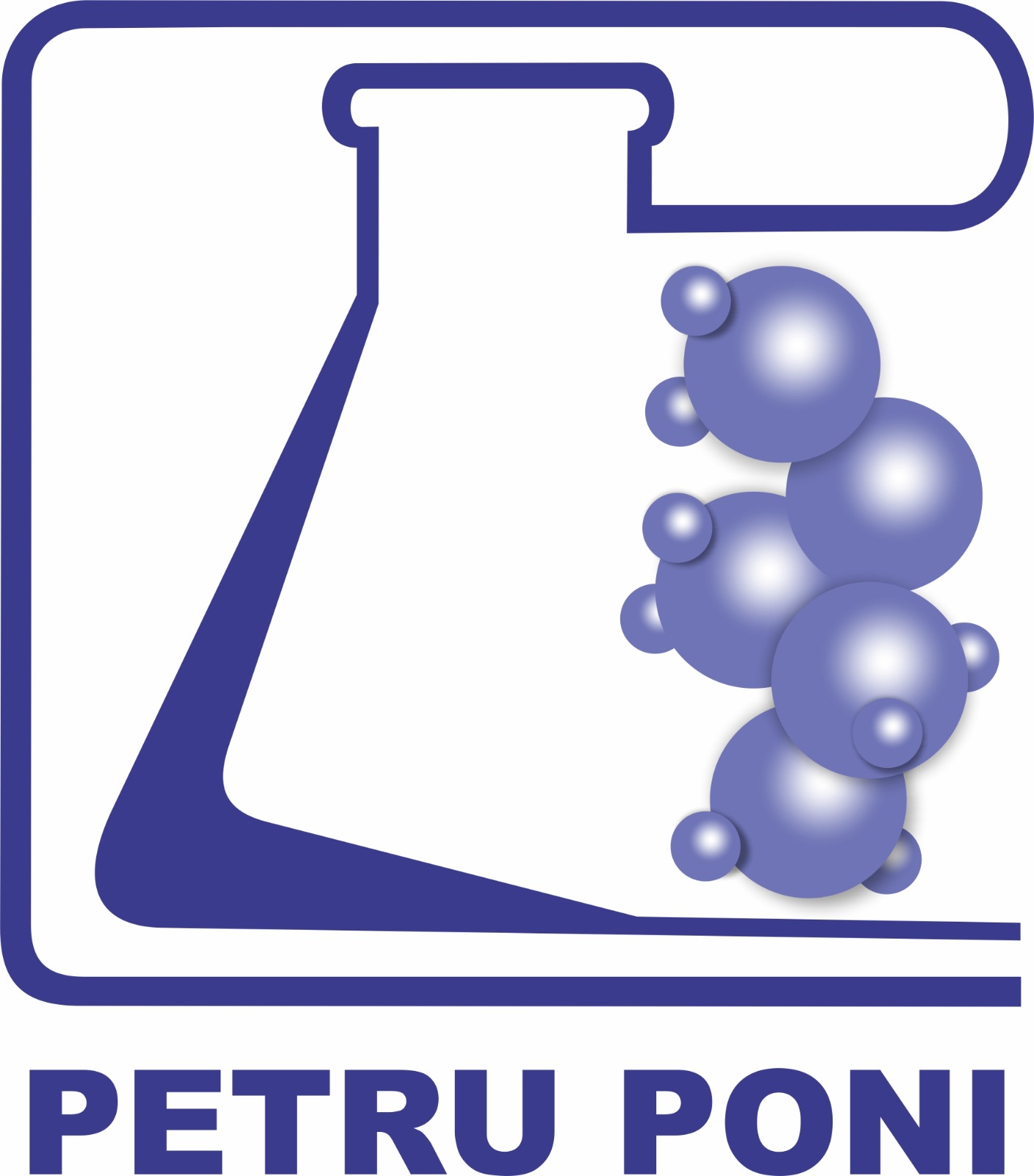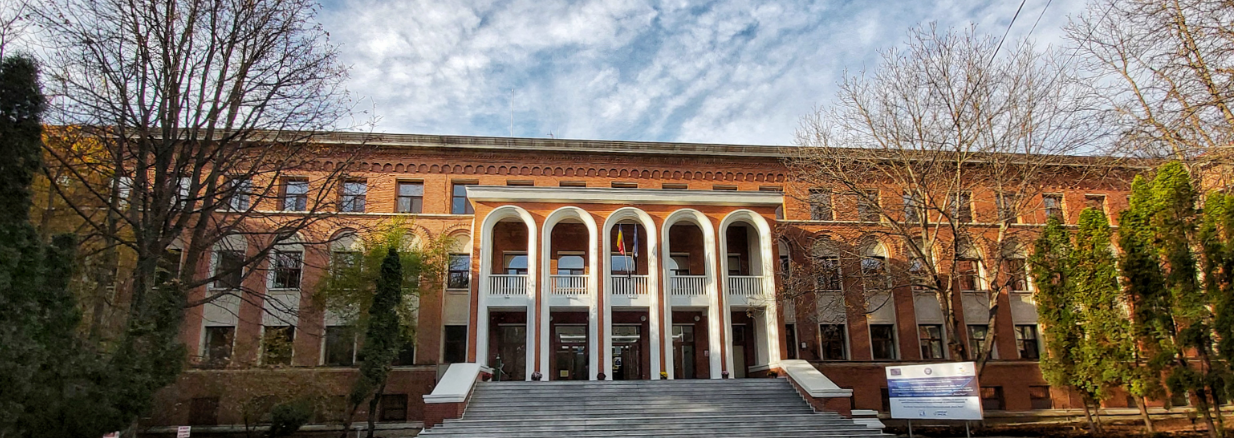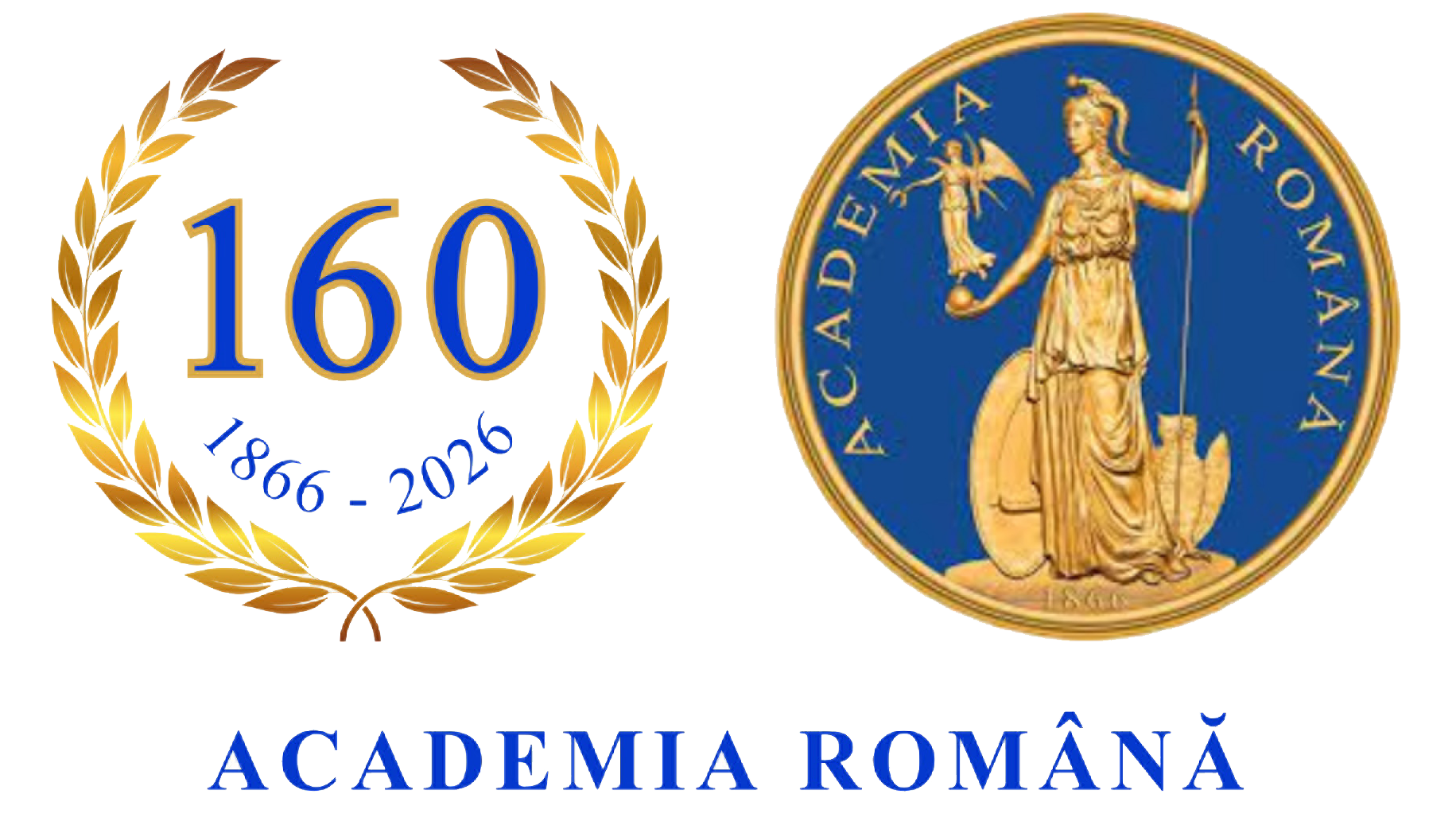Stage 1 (2022) of the research project „Agricultural waste - complete valorization to biofuels and chemicals” (AgriValBack) was entitled „Collection, stabilization, characterization od agricultural waste”. Samples of vegetable residues were collected in this stage of the project, from a geographical area as small as possible to minimise, as much as possible, the effect of geographical, climaterical and pedological factors that affect the growth and development of vegetal biomass and the properties of the generated materials. Various types of biomass were considered, mainly residues from agricultural activities, with high lignification degree and which are rarely valorified and left unused for natural decay. The vegetal sources were selected from the most representative ones and, in some situations, the same source provided materials for varius classes.
The studied vegetal residues were as following:
- pods (corn, sunflower, okra);
- hulls (walnuts, almonds, chestnuts, okra);
- shells (walnuts, almonds, hazelnuts, ginko);
- pits (apricots, cherries, peaches, plums, okra);
- powderd seeds (walnuts, hemp, pumpkin, flax, sunflower).
Sampled were dried, first in natural conditions then in controlled ones, ground, sorted by dimensions and characterized to determine the proximate and ultimate composition, structure (by FTIR spectroscopy), thermal behaviour (by thermogravimetry) and heat capacity.
Sample characterization revealed o clear diferentiation of vegetal residues according to the type, as evidenced by the Van Krevelen diagram and by the PCA analysis.
The studied vehetal residues are promising candidates for valorisation by thermal procedures, such as torrefaction and pyrolysis, which will be the subject of research for the following stages of the project.
Stage 2 (2023) of the research project „Agricultural waste - complete valorization to biofuels and chemicals” (AgriValBack) was entitled “Torefaction of agricultural waste”. The agricultural vegetal residues collected and characterized in Stage 1 (2022) were submitted to torrefaction. The raw materials were considered from five different vegetal categories: stalks (from corn, sunflower, okra), hulls (from walnuts, almonds, chestnuts and okra pods), shells (walnuts, almonds, hazelnuts, ginkgo), pits (apricots, cherries, peaches, plums, okra seeds) and seed cakes (from walnuts, hemp, pumpkins, flax, sunflower). These were torrefied under optimized conditions of 10 °C/min heating rate up to 250 °C followed by isothermal heating for 60 min. Product yield was calculated and discussed. The liquid and solid products of torrefaction were collected and characterized.
Gas chromatography coupled with mass spectrometry was used for compositional characterization of torrefaction liquid products. This revealed a large variety of chemical compounds with different functional groups, depending both from the vegetal source and from the category in which they were included. Compounds specific for gradual degradation of structural elements in biomass were identified. Furfural and furan derivatives were found, indicating the degradation of hemicelluloses. Saccharides (e.g. alose) resulted from the initiated degradation of cellulose. Acetic acid was the main compound identified in the liquid products. Together with several phenol derivatives, these are produced mainly from the thermal degradation of lesser thermally stable structures in lignin.
The elemental analysis and the calorific value were the properties of strong interest for the solid materials after torrefaction. The elemental analysis allowed us to evaluate the efficiency of conserving carbon and hydrogen while removing oxygen from the torrefied solids. It also helped to evaluate the improved quality of the solids, as observed from the shift of placement, closer to the origin of de Van Krevelen diagram. The calorific value was the starting point in evaluating the energy density of torrefied materials and the energy yield of the processes. The latter is above 90 % for all categories of agriculture residues, except for cherries.
Stage 3 (2024) - Final report, General remarks
Agriculture biomass residues (21 samples in five groups – stalks, hulls, shells, pits, seed cakes) were characterised by classical methods, speciffic to vegetal biomass (proximate, ultimate, compositional analysis and calorific values), as well as by infrared spectroscopy and thermogravimetry. The last two methods offer rapid and facile alternatives for differentiation and classification of the residues.
The agriculture biomass residues were thermally treated by torrefaction (250 °C) and pyrolysis (550 °C), the processes being characterised from the point of view of the composition and properties of the liquid and solid products, as well as from the energetical aspects, related with the solid materials.
The characteristics of agriculture biomass residues were discussed and correlated with the torrefaction and pyrolysis results. The particular aspects of each type or class of residue was pointed out, together with the most promissing approaches for their thermal treatment/valorisation method.
Correlations between selected agricultural biomass samples and their related torrefaction/pyrolysis products can be found in the database containing the attached files. |






